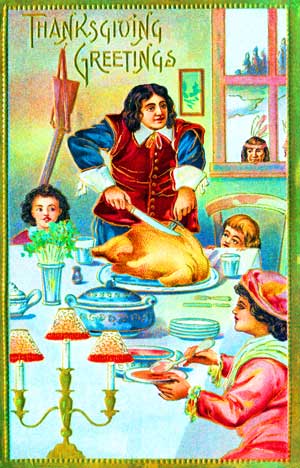Ollie Johnston was born Oliver Martin Johnston, Jr. in 1912, and was one of the famous Nine Old Men of Disney animators. In fact, at the time of his death, he was the last left of this illustrious group. He received the Disney Legend Award in 1989, and his work was honored in 2005 with a National Medal of Arts award. Unlike a lot of people to have won these awards, Ollie was alive when he received them, which allowed him to enjoy his achievements.
Ollie was born in Palo Alto, California. His parents were Oliver, who was a professor at Stanford University, and Florence, who was a homemaker. Oliver had two older sisters named Winnifred and Florence. He attended Palo Alto High School and Stanford University. While at Stanford, Ollie worked on the campus humor magazine, the Stanford Chaparral. Also writing on this publication with him was a future fellow animator named Frank Thomas.
After his junior year at Stanford, Ollie transferred to the Chouinard Art Institute. He later married Marie Worthey, who was an employee at Disney at the same time he was. They married in 1943 and were married until her passing in 2005.
Ollie went to work at Walt Disney Studios in 1934 and remained there until 1978. He started out as an animator and became a directing animator with the animated movie Pinocchio, which was released in 1940. Ollie contributed in some way to most of the Disney animated movies that were made during his tenure there, including such classics as Snow White and the Seven Dwarfs, Fantasia, and Bambi. His last full project at Disney was The Rescuers; Ollie was caricatured as one of the movie’s characters in this project—the cat, Rufus. The last Disney movie Ollie worked on at all was The Fox and the Hound.
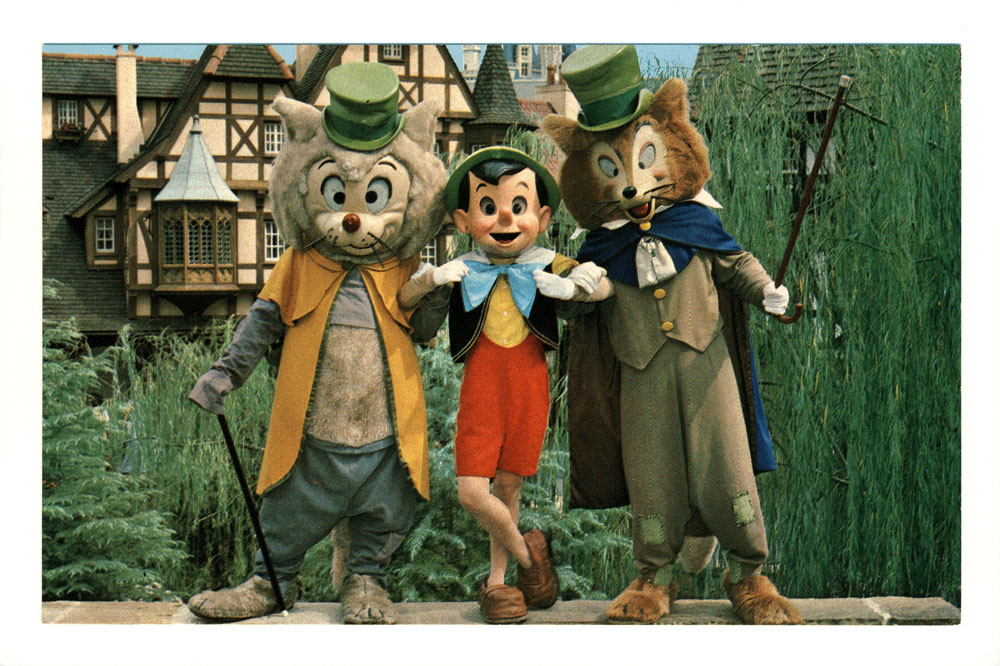
Pinocchio relaxes with his two “friends,” Foulfellow and Gideon in fantasyland. This is the happiest land of them all, where guests me dozens of famous characters “come to life” from Disney animated film classics. (Postcard)
Ollie also wrote some books about animation. One that he co-authored with Frank Thomas was Disney Animation: The Illusion of Life; this was a reference book, and it contained Ollie and Frank’s twelve principles of animation. The book assisted in preserving the knowledge of the early animation techniques that were considered innovative at the time, and that the animators at Disney Studios created.
Ollie and Frank actually worked together a lot on Disney projects, often partnering or being partnered together. Their friendship and partnership were shown in the documentary, Frank, and Ollie, which was produced by Frank’s son, Theodore. Theodore also produced another documentary about growing up around the Disney studios, called Growing Up with the Nine Old Men; this documentary was produced in 2012 and is included in the Diamond Edition of the Peter Pan DVD.
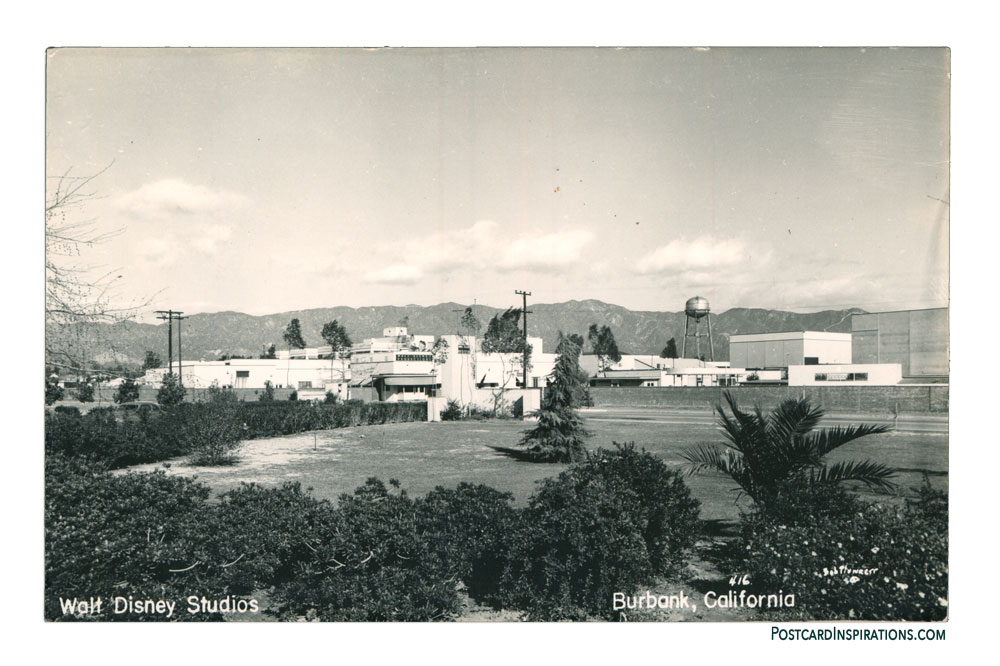
Ollie was a lifelong enthusiast of live steam trains. Beginning in 1949, he built a 4 ¾ inch La Canada Valley Railroad, which was a miniature backyard railroad at his own house in Flintridge, California. The trains are now owned by Ollie’s sons. This miniature railroad was one of the inspirations Walt Disney used for the one he built in the backyard at his own home; Walt called his miniature railroad the Carolwood Pacific Railroad. The Carolwood railroad was the inspiration for the railroad that Walt put at Disneyland, which makes Ollie the indirect inspiration for that iconic railroad ride.
In fact, Ollie was a founding member of the Carolwood Pacific Historical Society at Disneyland, along with fellow Disney animator and railroad enthusiast Ward Kimball. Ollie’s railroad, with its 1:4 scale Victorian depot, was eventually restored and moved to the Los Angeles Live Steamers Railroad Museum at Griffith Park, Los Angeles, near the restoration of Walt’s own Carolwood Pacific railroad.
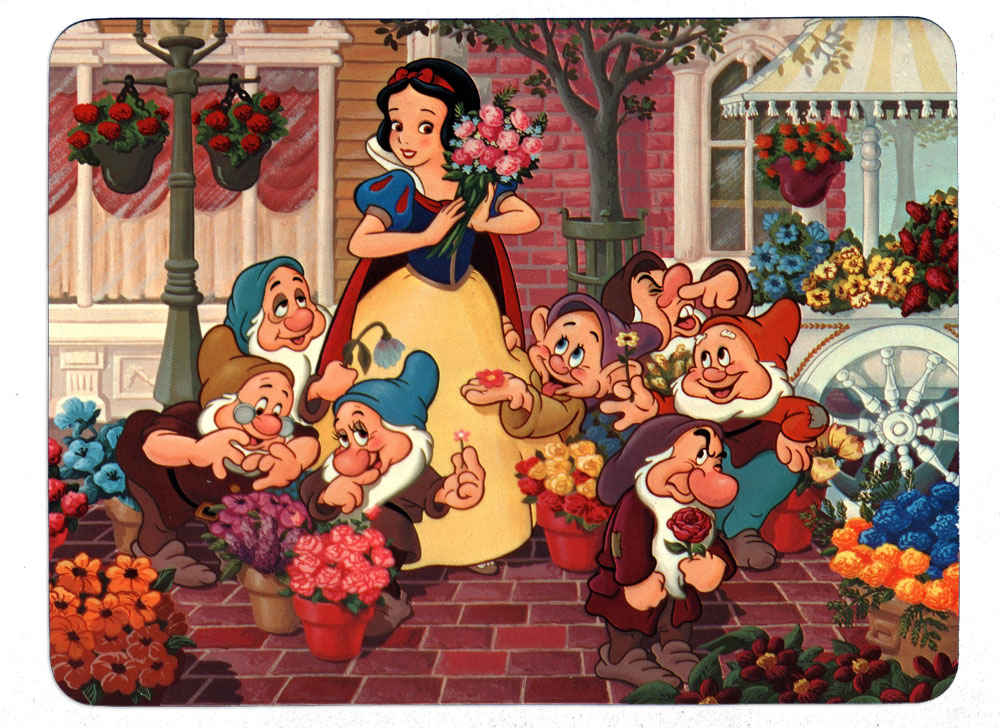
Another interesting railroad connection Ollie has to the Disney Company is the 3-foot narrow gauge Porter steam locomotive, originally built in 1901, that he acquired and restored in the 1960s. Ollie named this locomotive the Marie E. He also built the Deer Lake Park and Julian Railroad at his vacation home at Julian, California to run the Porter. He added a small gondola and a caboose to be pulled behind it. The Marie E. used railroad ties from the Viewliner Train of Tomorrow attraction at Disneyland, which by that time was defunct.
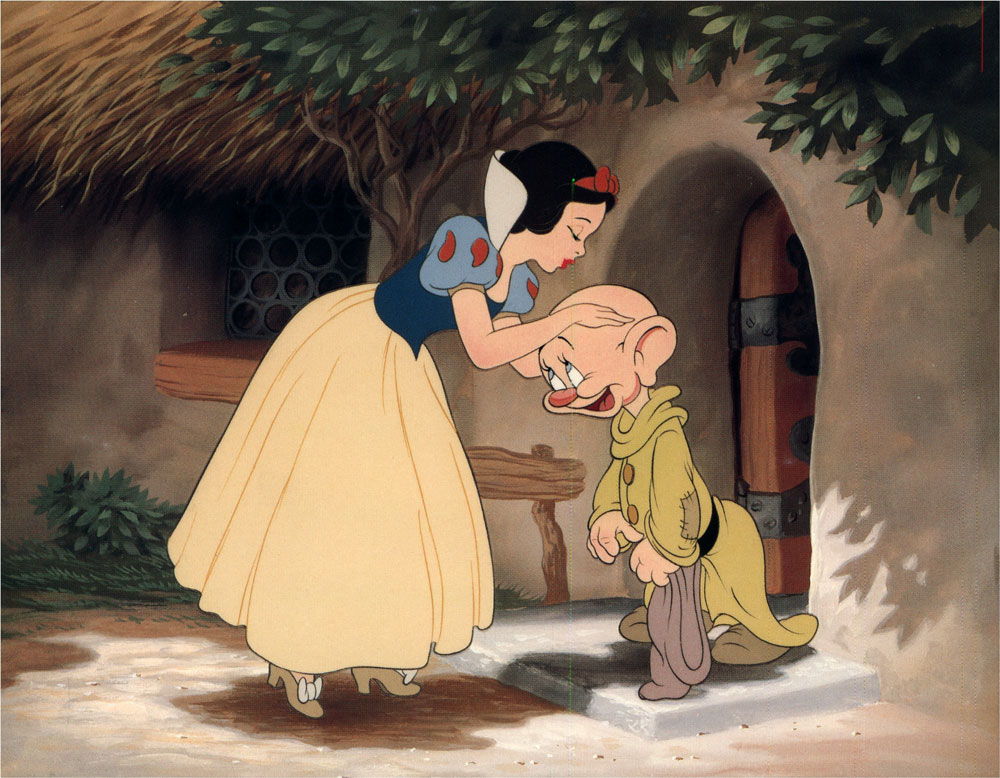
When Ollie sold his vacation home in 1993, the engine and its contents were sold to John Lasseter of Pixar Studios (the buyers kept the railroad until 2002, when they sold it to Lasseter). The Marie E. ran on the Disneyland Railroad in 2005 during a private event Lasseter set up to honor Ollie. At this event, Ollie took the throttle of the Marie E. for the last time. It was a notable event in that it was the first time Disneyland had allowed outside railroad equipment to be used at any Disney park. The engine still works and does so currently on the Justi Creek Railway on the vineyards of the Lasseter Family Winery.
After retiring from the Disney Company, Ollie served on the advisory board of the National Student Film Institute in the 1980s and 1990s. During this time, he was often a presenter at the annual film festival’s award ceremonies. Pixar paid homage to Ollie with an animated cameo of him in the 2004 Pixar film The Incredibles. Ollie also had one other Pixar cameo in The Iron Giant, where he plays an animated train engineer.
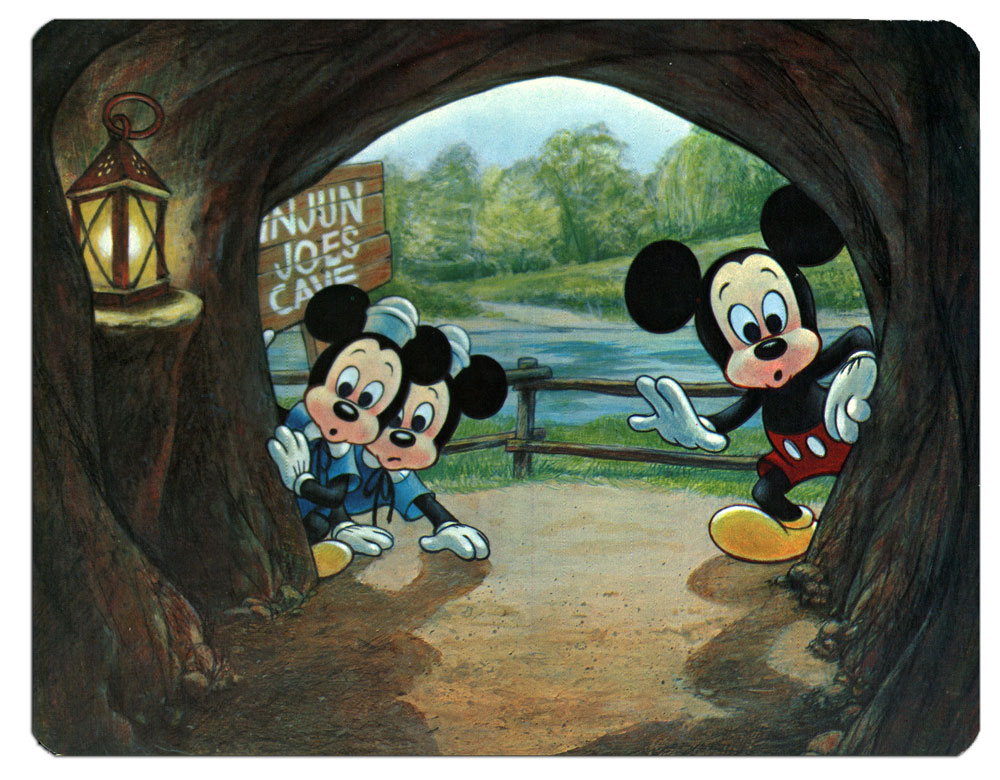
Mickey Mouse and his nephews are intrigued by the mysteries lurking within Injun Joe’s Cave on Tom Sawyer Island. But dare they venture inside? (Postcard)
In 2005, Ollie received the extremely prestigious National Medal of Arts award, which was presented to him by then-US President George W. Bush in a ceremony at the Oval Office at the White House. Ollie passed away in 2008 at the age of ninety-five years old. To say he was an incredible influence and guiding hand at the Disney Company for decades is an understatement. Many of his contributions have remained with the company to this day, and have certainly shaped the identity of Disney animated films. Ollie is still acknowledged and appreciated by the Disney Company today, as well as all those who love its animated movies.









